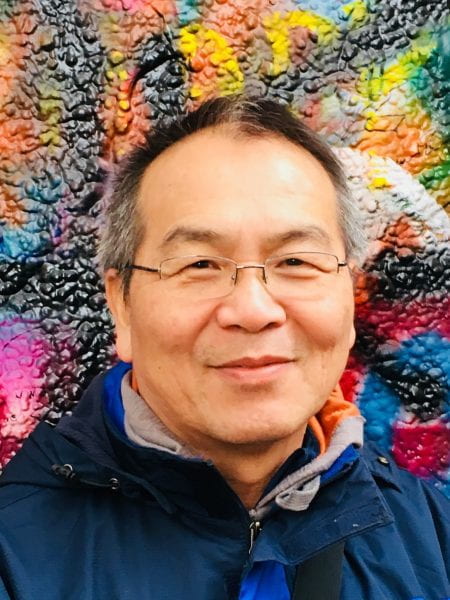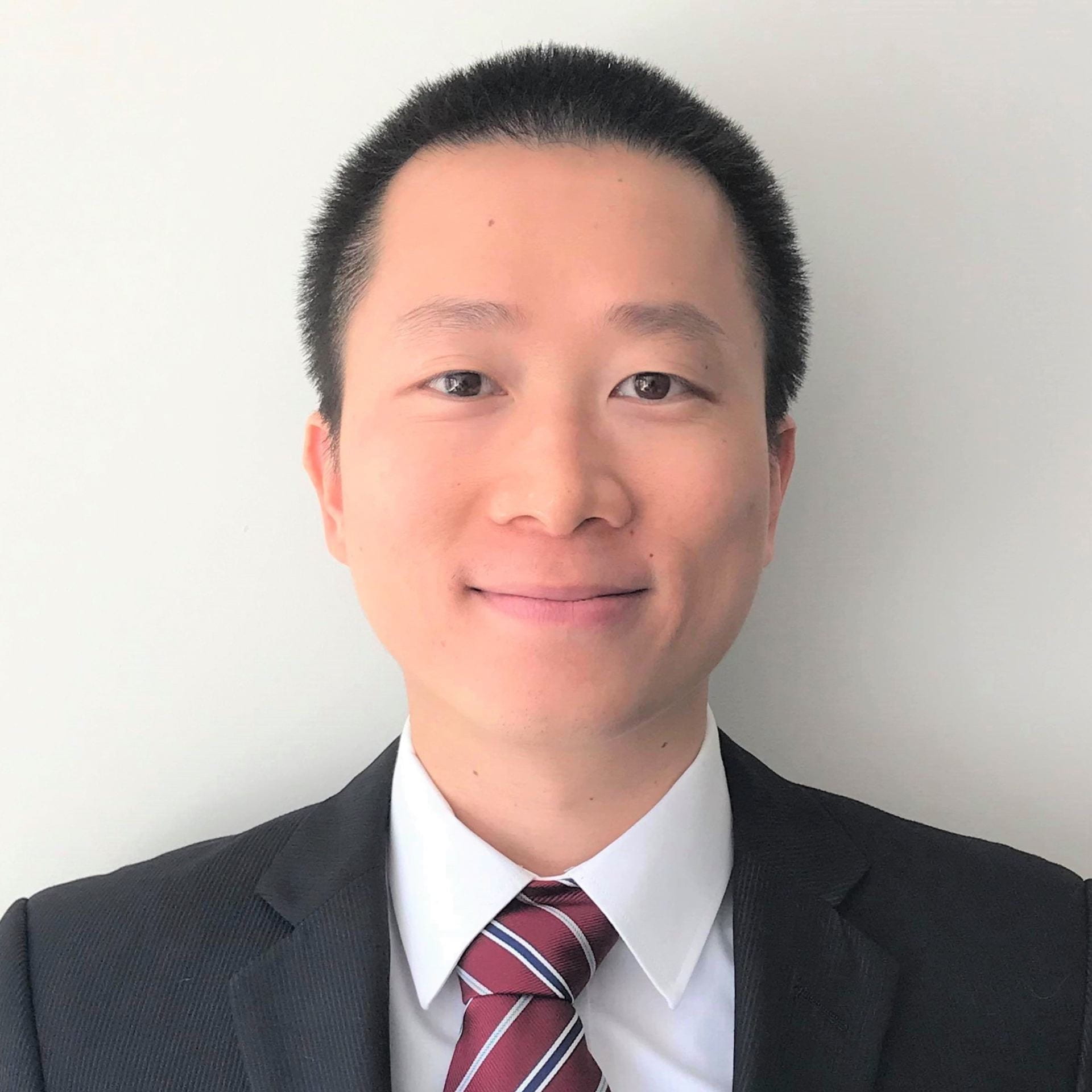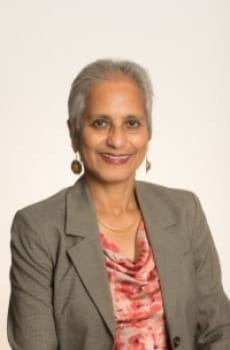
Wednesday, December 11, 2019
10:00 AM – 2:00 PM
City View Room, 7th Floor
Elliott School of International Affairs
1957 E Street NW, Washington, DC 20052

The Sigur Center for Asian Studies cordially invites you to a conference with policy analysts and scholars on Taiwan, one of the world’s most thriving and lively democracies, which is going to the polls on January 11, 2020.
This election season has seen new and unexpected political actors in Taiwan, a mixed economic climate, more upheaval in neighboring Hong Kong, and continued cross-strait pressure from China. What are the key factors and actors to watch and how are they likely to influence the election outcomes?
Agenda
10:00am – 10:20am: Registration
10:20am – 10:30am: Opening Remarks
- Welcome remarks: Benjamin Hopkins, Director, Sigur Center for Asian Studies; Associate Professor of History and International Affairs, GWU
10:30am – 12:00pm: Panel I: The Evolving Electoral Landscape: The Public, The Parties, The Economy
- Public Attitudes and the Elections, Wei-Chin Lee, Professor of Politics and International Affairs, Wake Forest University
- Political Parties, Priorities and Strategies, Hans Stockton, Associate Dean of the College of Arts & Sciences and Coordinator, Taiwan and East Asia Studies Program, University of St. Thomas in Houston
- Economics, Business and the Elections, Rupert Hammond-Chambers, President, U.S.-Taiwan Business Council
Moderator: Ed McCord, Professor Emeritus of History and International Affairs, GW
12:00pm – 12:30pm: Lunch
12:30pm – 2:00pm: Panel II: External Forces and the Elections: Challenges and Opportunities for Democratic Consolidation
- Cyber and Social Media Challenges to Taiwan’s Democracy & Beyond from China, Steven Livingston, Director of Institute for Data, Democracy and Politics & Professor of Media and Public Affairs, GW
- Hong Kong and Lessons for Taiwan’s Political System, Jessica Drun, Non-Resident Fellow, The Project 2049 Institute
- Chinese Influence in Australian Politics and Lesson for Taiwan: Yu-Hua Chen, Visiting Fellow, East Asia National Resource Center, GW
- U.S. Perspectives and Policy on Taiwan and Impact, Richard Bush, Chen-Fu and Cecelia Yen Koo Chair in Taiwan Studies, Brookings Institution
Moderator: Deepa Ollapally, Research Professor of International Affairs and Associate Director of the Sigur Center for Asian Studies, GW
RICHARD BUSH is a Senior Fellow at the Brookings Institution, in its Center for East Asia Policy Studies. He also holds the Chen-Fu and Cecilia Yen Koo Chair in Taiwan Studies. He came to Brookings in July 2002 after nineteen years working in the US government and after five years as the Chairman and Managing Director of the American Institute in Taiwan. In July 1995, Dr. Bush became National Intelligence Officer for East Asia, in charge of the analytic work of the intelligence committee concerning Taiwan, China, and other countries. Dr. Bush became chairman of the American Institute in Taiwan in September 1997. During his five years as chairman, he played a key role in the conduct and articulation of U.S. policy towards Taiwan, particularly in the transition of power to President Chen Shui-bian and the Democratic Progressive Party after fifty-five years of KMT rule.

RUPERT HAMMOND-CHAMBERS is President of the US-Taiwan Business Council. Mr. Hammond-Chambers is also the Managing Director of the Taiwan for Bower Group Asia – a strategic consultancy focused on designing winning strategies for companies. In addition, he is responsible for Bower Group Asia’s defense and security practice. He sits on the Board of the Project2049 Institute, and on the Advisory Boards of Redwood Partners International, The Sabatier Group, and the Pacific Star Fund. He is a Trustee of Fettes College and is a member of the National Committee on United States-China Relations.

WEI-CHUN LEE is Professor of Politics and International Affairs, Wake Forest University, North Carolina. He has published several books, including The Mutual Non-denial Principle, China’s Interests, and Taiwan’s Expansion of International Participation (2014), and National Security, Public Opinion, and Regime Asymmetry (co-edited, 2017). His most recent publication is an edited volume titled Taiwan’s Political Re-alignment and Diplomatic Challenges (Palgrave Mcmillan, 2019). His articles have appeared in numerous scholarly journals, such as American Journal of Chinese Studies, Asian Affairs, Asian Perspective, Asian Security, Asian Survey, Journal of Asian and African Studies, Journal of Northeast Asian Studies, Taiwan Journal of Democracy, and World Affairs. His teaching and research interests are foreign policy and domestic politics of China and Taiwan, US policy toward East Asia, international security, and international institutions.

STEVEN LIVINGSTON is is Professor of Media and Public Affairs and International Affairs and the Founding Director of the Institute for Data, Democracy, and Politics (IDDP) at George Washington University. Between 2016 and 2019 he was also a Senior Fellow at the Carr Center for Human Rights Policy at the Harvard Kennedy School, Harvard University. He studies the role of technology in politics and policy processes, including human rights monitoring, disinformation campaigns, governance, and the provisioning of public goods. Among other publications, Livingston has written When the Press Fails: Political Power and the News Media from Iraq to Katrina (W. Lance Bennett and Regina Lawrence, co-authors) (University of Chicago Press, 2007); and Africa’s Information Revolution: Implications for Crime, Policing, and Citizen Security (NDU Press, 2013). He has appeared on CNN, ABC, BBC, NPR, al Jazeera and many other news organizations commenting on public policy and politics. His research and consulting activities have taken him to over 50 countries since 2006.

HANS STOCKTON is Associate Dean of the College of Arts & Sciences and Coordinator, Taiwan and East Asia Studies Program at the University of St. Thomas in Houston. He is Director of the Center for International Studies and Master in Public Policy and Administration Program at the University of St. Thomas, where he holds the Cullen Trust for Higher Education/Fayez Sarofim Endowed Chair in International Studies. His areas of academic specialization are democratization, elections, and security in contemporary Asia Pacific. He has co-edited the edited book, Taiwan: The Development of a Mini-Dragon, published in 2019. Dr. Stockton is also a Center Associate of the Election Studies Center at National Cheng Chi University in Taipei. He has served as president of the American Association of Chinese Studies (2015, 2016), coordinator of the Conference Group on Taiwan Studies (2012 – 2014), and multiple terms as president of the Southwest Conference on Asian Studies. He has served or serves on the board of directors of the Houston-Taipei Society, Japan America Society, and Asian Pacific American Heritage Association. He holds a PhD in Political Science from Texas A&M University.

JESSICA DRUN is a Non-Resident Fellow with the Project 2049 Institute. She was previously a project associate at the National Bureau of Asian Research, where she managed and assisted with the organization’s Taiwan programming, as well as its annual People’s Liberation Army conference. Her research interests include cross-Strait relations, Taiwan domestic politics, U.S.-China relations. Drun has also held positions at the National Defense University and the Center for Strategic and International Studies. She graduated with a MA in Asian Studies from Georgetown University’s School of Foreign Service. She is fluent in Mandarin Chinese and conversational in Min Nan Chinese.

YU-HUA CHEN is a lecturer at the Australian National University (ANU) and Visiting Fellow at the East Asia National Resource Center at GW. He is broadly interested in China’s security policy, international relations theory, and East Asia politics. His doctoral research investigates the role of buffer states in shaping China’s security policies towards North Korea, Taiwan, and Mongolia. His doctoral research has been supported by grants from the Taiwan government, ANU, and Peking University. Chen has published in a variety of publications, including The National Interest, IPR Review, East Asia Forum, the Taiwan Insight, The China Policy Institute Blog, and Thinking-Taiwan. His recent articles include, “Power and Influence: Chinese Influence on Australia’s Politics and Academia,” New Society for Taiwan, (2017).

BENJAMIN HOPKINS is a specialist in modern South Asian history, in particular that of Afghanistan, as well as British imperialism. His research focuses on the role of the colonial state in creating the modern states inhabiting the region. His first book, The Making of Modern Afghanistan, examined the efforts of the British East India Company to construct an Afghan state in the early part of the nineteenth century and provides a corrective to the history of the so-called ‘Great Game.’ His second book, Fragments of the Afghan Frontier, co-authored with anthropologist Magnus Marsden. Hopkins is currently working on a comparative history of frontiers across empires, using the history of the governance of the Afghanistan-Pakistan frontier as the central case study. Outside of GW, his research has been funded by Trinity College, Cambridge, the Nuffield Foundation (UK), the British Academy, the American Institute of Iranian Studies, the Leverhulme Trust and the National University of Singapore. At GW, he also oversees the Sigur Center for Asian Studies and the new East Asia National Resource Center, a prestigious Department of Education Title VI grant that will increase accessibility for K-12 educators and students in language and area studies for East Asia.

EDWARD MCCORD is Professor Emeritus of History and International Affairs at the George Washington University. His research focuses on Chinese military-civil relations and he is the author of The Power of the Gun: The Emergence of Modern Chinese Warlordism (1985) and Military Force and Elite Power in the Formation of Modern China (2014). He is a frequent lecturer on Chinese history for the Department of State’s Foreign Service Institute and the Smithsonian Institution. During his career at George Washington University he served at various points as Vice Dean and Associate Dean of the Elliott School of International Affairs, Director of the Sigur Center for Asian Studies, and Director of the Asian Studies Program. He was also the founder and head of GW’s Taiwan Education and Research Program. Currently he is the editor of the American Journal of Chinese Studies. Professor McCord received his Ph.D. in Chinese history from the University of Michigan.

DEEPA OLLAPALLY is Research Professor of International Affairs, Associate Director of the Sigur Center for Asian Studies, and Director of the Rising Powers Initiative. Dr. Ollapally specializes in regional security of South Asia, Indian foreign policy, and the role of identity in international relations. Her current research focuses on maritime security in the Indian Ocean and the impact of regional power shifts and the intersection of security and identity in India-China relations. Ollapally is the author of five books including Worldviews of Aspiring Powers (Oxford, 2012). Her most recent books are two edited volumes, Energy Security in Asia and Eurasia (Routledge, 2017) and Nuclear Debates in Asia: The Role of Geopolitics and Domestic Processes (Rowman & Littlefield, 2016). She holds a Ph.D. in Political Science from Columbia University.


